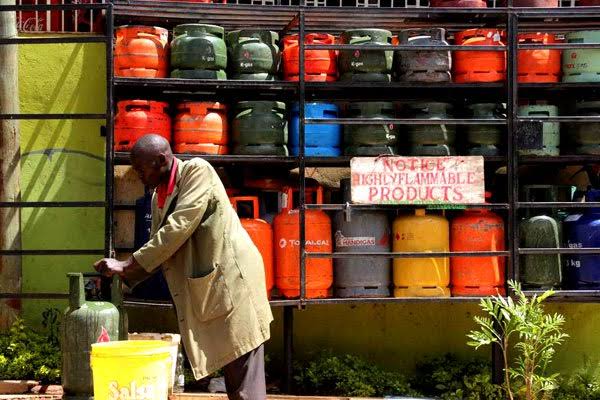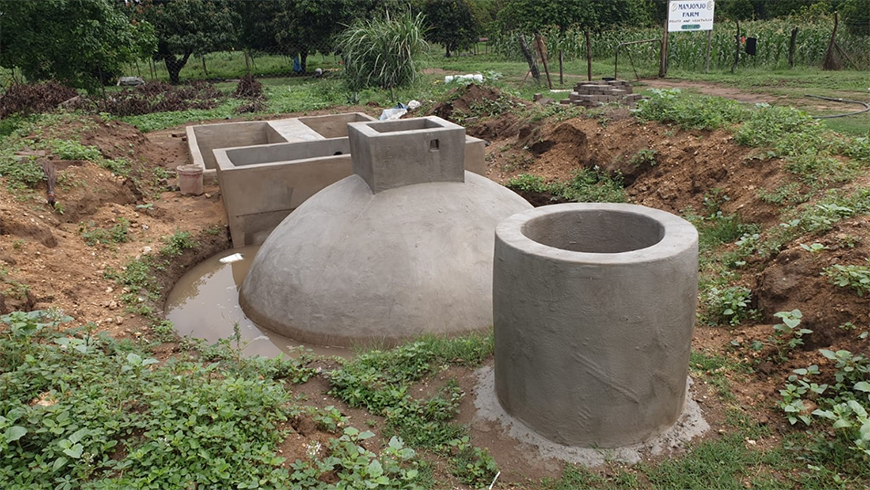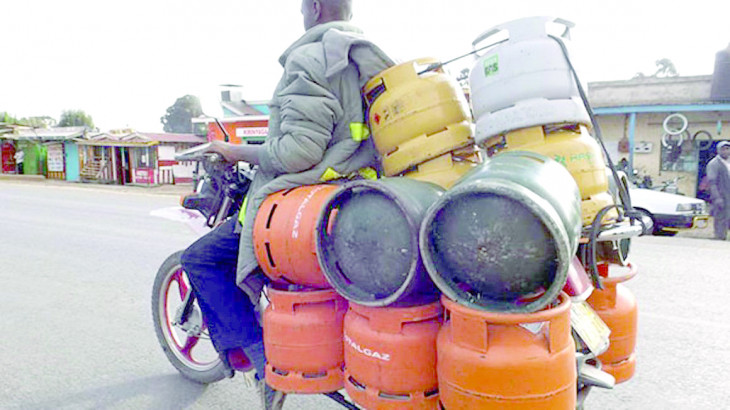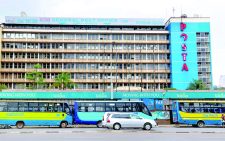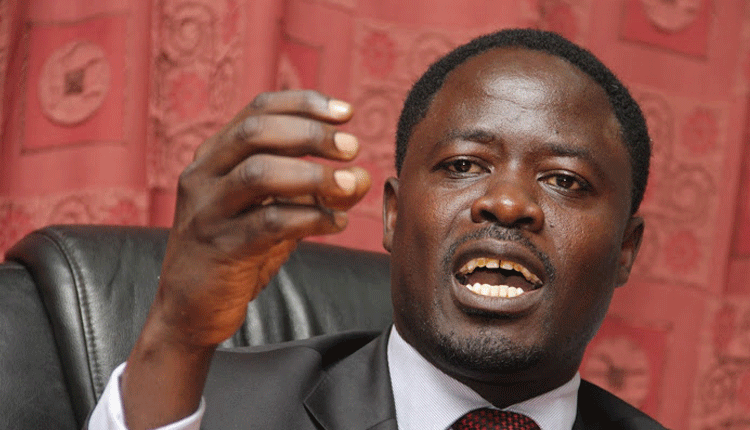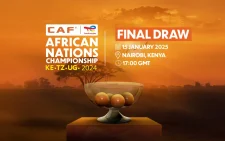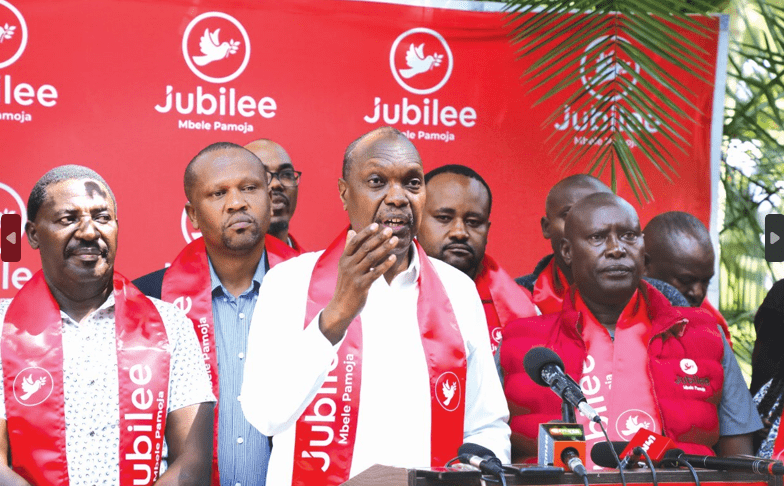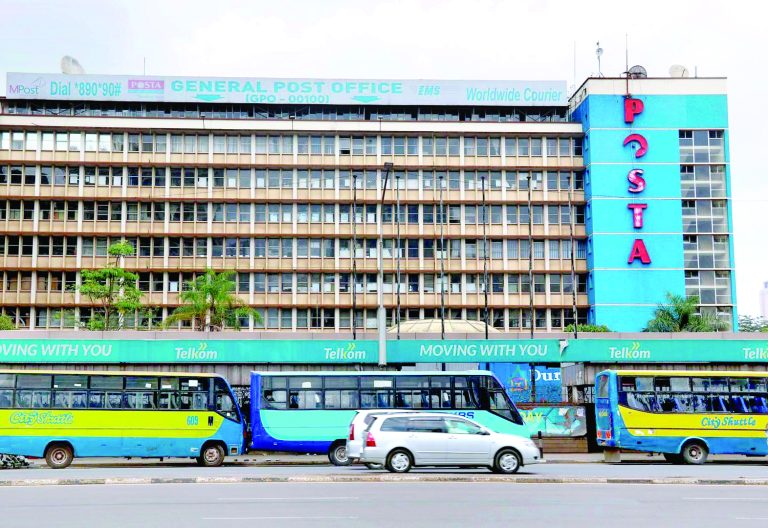Why consumers may wait longer for cheaper LPG
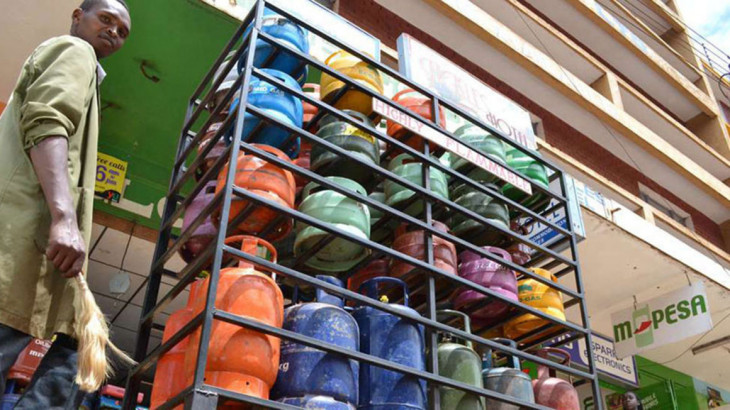
Households anticipating subsidised liquid petroleum gas (LPG) cylinders will have to wait longer with little going on at the State-owned National Oil Corporation of Kenya (Nock) over the exercise which was rolled out in June.
The deal was to take off immediately, however, gas distributors who were contracted by Nock for the deal say they have not received any update, from the State agency and cannot tell when the project will eventually kick-off.
Government’s plan was to distribute about 60,000 six-kilo LPG cylinders in the early stage of the State subsidy scheme.
Beneficiaries will pay a discounted price of Sh2,100 for the burner and 6-kilo cylinder, with the refill price set at Sh1,312. Other brands refill the same quantity for more than Sh1,500.
The authorised distributors were to work with local chiefs, who were tasked with identifying needy households to be prioritised in the initial stages of distribution within Nairobi.
Contract cancellation
“Seems things have not been ironed out between the Ministry of Energy and the Nock. We have not been given additional information after the training,” said one of the distributors who requested anonymity over possible contract cancellation.
Leparan Moritant, Nock chief executive did not respond to queries about the progress of the gas project. However, “Gas Yetu” Project lead, Duncan Ekendi, blamed the political atmosphere behind the delays.
“We are still waiting for elections to cool down. In the due course we will give an update,” he told Business Hub but declined to disclose whether or not the project has received funding from the ministry.The ministry settled on 11 gas dealers who were vetted to distribute subsidised gas cylinders dubbed “Gas Yetu” within Nairobi’s 11 sub-counties but have since been taken into rounds.
Treasury allocated Sh470 million towards the LPG subsidy scheme revival for the 2022/23 fiscal year, a substantial increase compared to the Sh155 million that had been earmarked for the same in 2021/22 financial year.
Nock had been stripped of the role of directly delivering subsidised gas cylinders to end users in this delayed second attempt by the government to revive the multi-billion shilling project whose first phase ended on fund misappropriation.
The earlier attempt was aborted in 2018 after the management of Nock at that time was unable to account for Sh3 billion that was allegedly lost on graft and supply of defective cylinders.
Suppliers offering faulty cylinders cost the State agency over Sh200 million in the procurement stage, according to the Auditor General, but the project which was being piloted in Kajiado never took off.
Financially troubled NOCK has been dogged in claims of mismanagement, theft, and kickbacks over the years, leaving it a shell of its former self despite getting State legislative and financial backing.
Nock Downstream Operation Acting General Manager, Benson Theuri, had in a letter to the distributors stated that the prices of cylinders and other accessories were effective July 4, 2022, implying it was readying for circulation.
The dealers who were authorised in June this year are still awaiting directive before placing orders with the Nock sales team even as chiefs, who were part of the exercise, say they have finished identifying 1,000 households in each sub-county who should be prioritised.
Initial phase
Identification criteria remain unknown for a project whose initial phase aimed at scaling up LPG adoption to 70 per cent. Ideally, Nock is mandated to distribute petroleum products across the country but its limited outlets mean it has to rely on independent dealers, some of whom have mastered loopholes to milk dry the agency.
Burden of implementing this project now rests on the administration that will take over as the disputed presidential election drags in the supreme court.
About 60,000 households in Nairobi were to be the immediate beneficiaries in phase one of the project. The rest of the country was set for 1.2 million gas cylinders annually for six years.
The corporation had procured 290 modified 40-foot-high cube containers, one for each constituency to be used as distribution points for the affordable Mwananchi Gas, said Nock.
